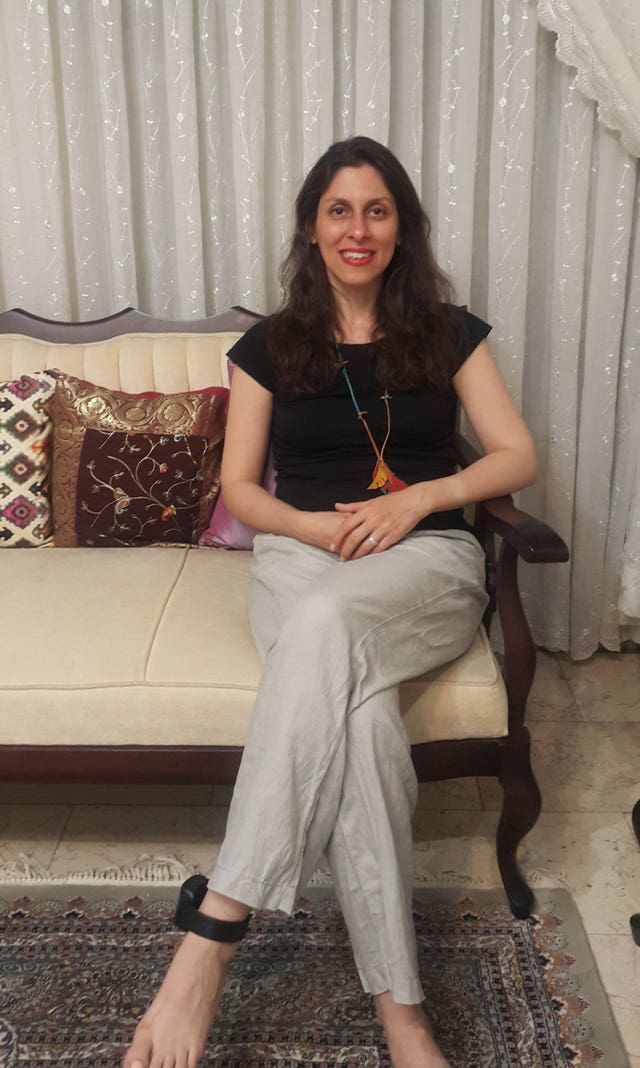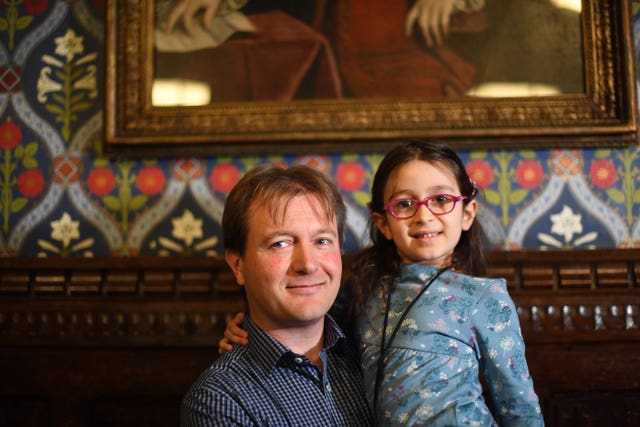
Nazanin Zaghari-Ratcliffe has gone through “psychological torture”, her husband has said as a decision on her freedom from a Tehran jail was delayed again.
The British-Iranian mother-of-one was hoping to be told on Saturday morning if a decision had been made on granting her clemency, with it having been already postponed on Wednesday.
Her husband, Richard Ratcliffe told the Observer: “It’s fair to say what Nazanin has gone through amounts to psychological torture.
“The supreme leader has granted clemency to everyone who meets certain criteria. Nazanin meets the criteria.”

However, he believes there is a dispute between the country’s judiciary and the Revolutionary Guard over her release.
Mr Ratcliffe told the Sunday paper: “The Revolutionary Guard have had no problem making a mockery of Iranian law.
“But this is the first time we’ve had a situation where not only is the Iranian Foreign Ministry trying to solve this for diplomatic purposes, but also the judiciary.”
Speaking earlier on Saturday, he said his 41-year-old wife was “a bit deflated” and “fairly flat” when there was no news from Iran’s prosecutor’s office.

Mr Ratcliffe told Sky News: “It’s been a few of these moments where we were hoping it would happen.”
Mrs Zaghari-Ratcliffe has been out of prison on furlough since mid-March, when the Iranian regime granted thousands of prisoners temporary freedom in an attempt to deal with the coronavirus pandemic.
A charity worker with the Thomson Reuters Foundation, Mrs Zaghari-Ratcliffe was arrested at Tehran’s Imam Khomeini Airport while taking her young daughter Gabriella to see her parents in April 2016.
She was sentenced to five years in prison, accused of plotting to overthrow the Iranian government, which she vehemently denies.
She was later afforded diplomatic protection by the UK Government, which argues that she is innocent and that her treatment by Iran failed to meet obligations under international law.


Comments: Our rules
We want our comments to be a lively and valuable part of our community - a place where readers can debate and engage with the most important local issues. The ability to comment on our stories is a privilege, not a right, however, and that privilege may be withdrawn if it is abused or misused.
Please report any comments that break our rules.
Read the rules here